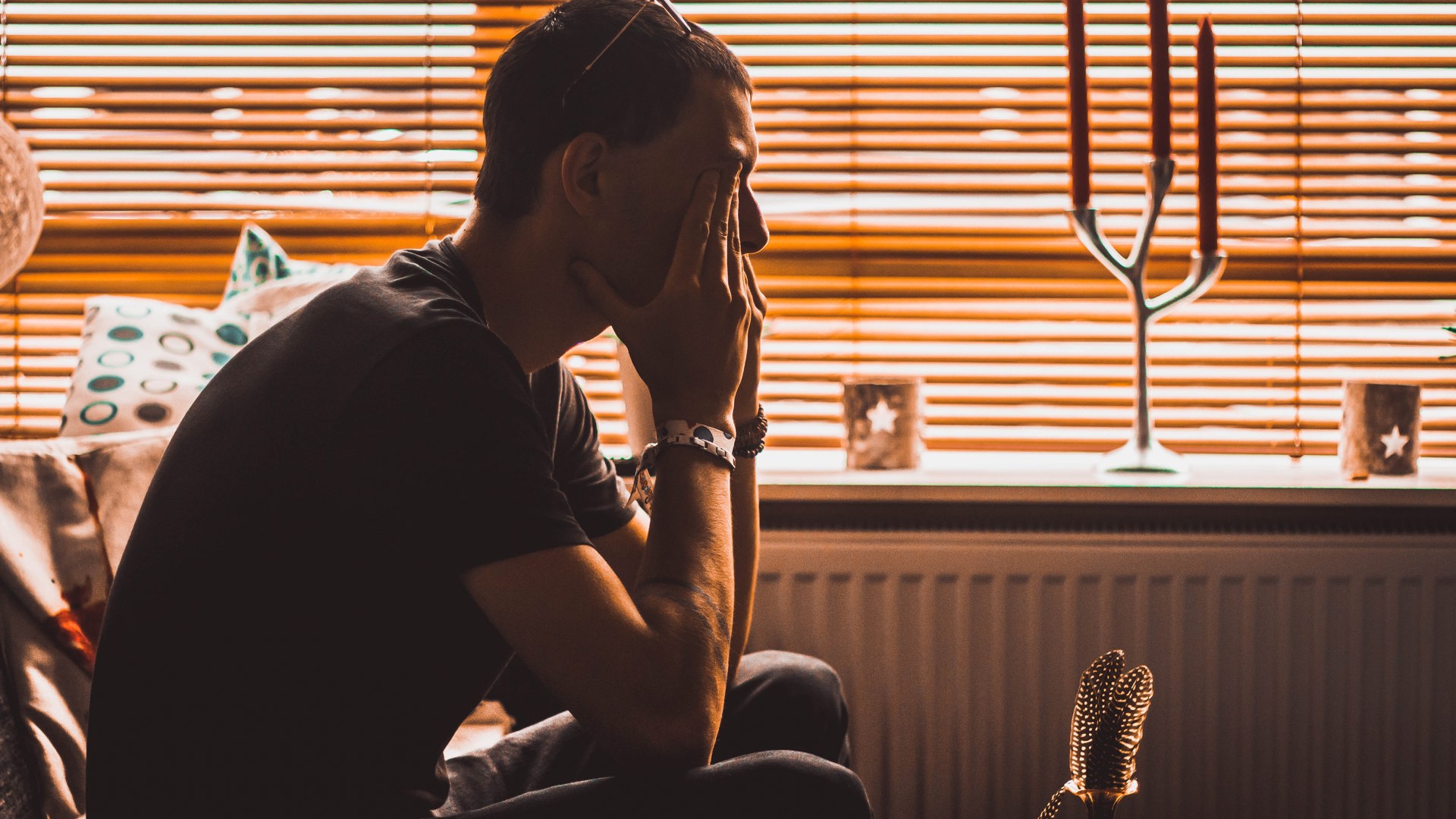
How can psychotherapy help you heal from bullying?
The National Centre Against Bullying defines bullying as ‘an ongoing and deliberate misuse of power in relationships through repeated verbal, physical and/or social behaviour that intends to cause physical, social and/or psychological harm.’
Bullying can happen in almost any setting – schools, workplaces, community groups, families and more. It is about dynamics between people and wherever we get together repeatedly, bullying can happen. Its hostile nature is deeply undermining, and often leads to individuals doubting their own experience and/or assuming it is actually them that is the problem. It can have awful effects on those it impacts.
The repeated messages conveyed in bullying abuse can become internalised and continue to have an effect long after the bullying itself has stopped. This can then make individuals vulnerable to the same patterns again, which can provide further 'evidence' that the individual is the problem, deepening the self-fulfilling prophecy which is at play, based entirely on the trauma of what has happened.
Bullying is never ok. It is not acceptable to use power over people, or to boost your own self-esteem from casting others down. Bullying behaviour is an indication of deep insecurity and feelings of inadequacy, however powerful bullies may seem to be on the surface.
Bullying thrives on difference. Where people feel threatened they can sadly turn to bullying to bolster their sense of themselves and their rightness by casting aspersions on anyone who they perceive to be not like them. Be it race, gender, ethnicity, sexuality, hair colour, neuro-diversity, personality traits or anything else, bullying accentuates what is different, ignoring the much greater kinship and similarities we all share.
It can be hard to speak about bullying, but it is essential that we do. It should not be only those affected that speak out; those who are witness to this behaviour need to find ways to stand up and be counted. We need to give people the space and conditions to communicate their experience and to get help and support. No one should suffer the indignity of being discriminated against or bullied for who and how they are.
To speak out, we often need support. Psychotherapy can be one place where you might find that. Having your truth and experiences deeply heard and validated can be an important part of your healing journey, enabling you to step into your power and find the confidence to speak up or take action. Psychotherapy can also be helpful if you become aware that your behaviours are interpreted as bullying by other people. While it may not be your intent, when we have a detrimental impact on others this gives us powerful stimulus to look deeply inside and find more peaceful and fulfilling ways to be.
To find a therapist that can support you in your relational journey, search UKCP’s Find a Therapist Directory.
You can also find support by contacting:
In an emergency, call: 999
NHS (England), call: 111
NHS Direct (Wales), call: 0845 46 47
The Samaritans 24-hour helpline, call: 116 123
Share
Like most websites, we use cookies. If this is okay with you, please close this message or read more about your options.


